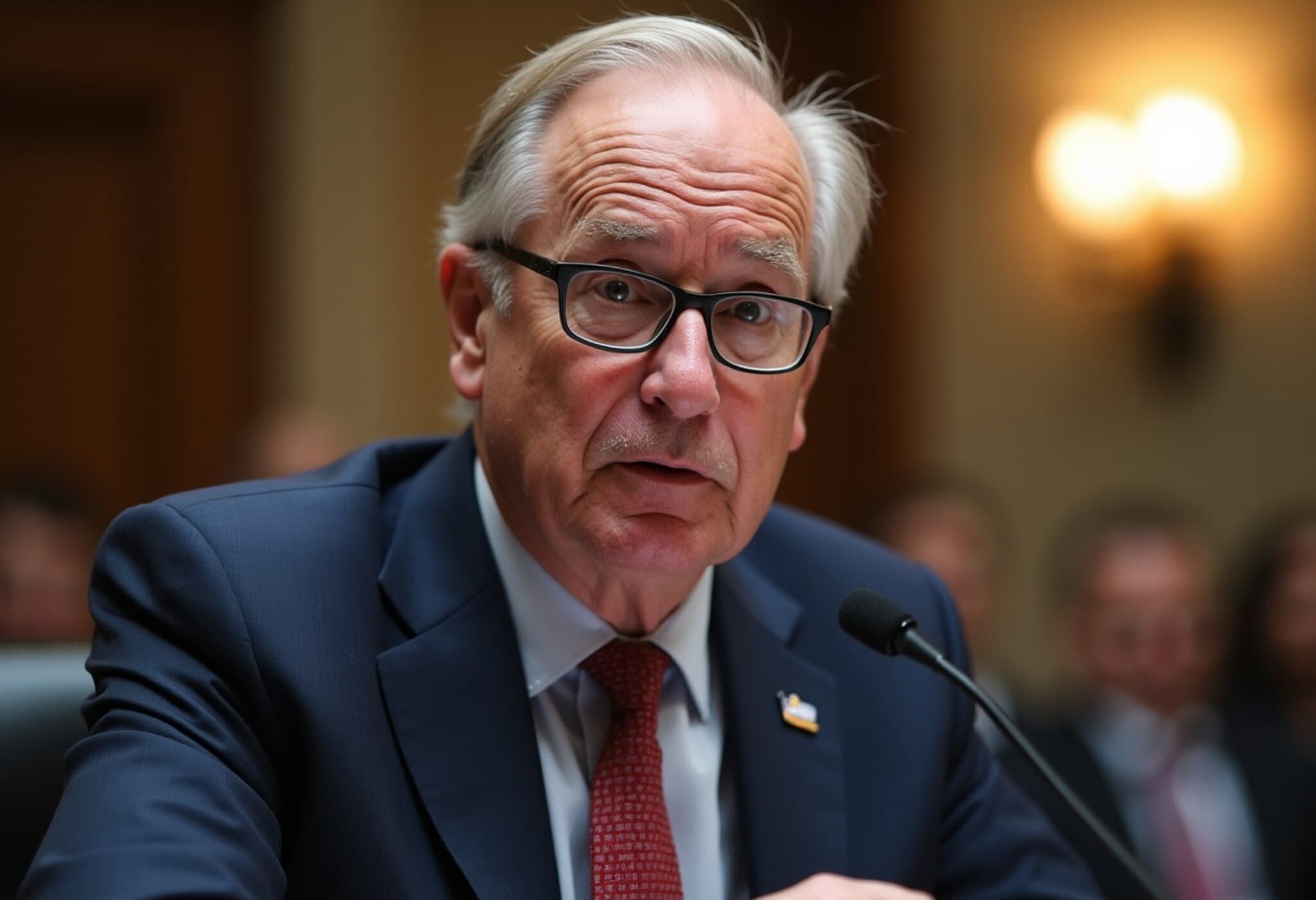U.S. Treasury Yields Decline Amid Weak May Retail Sales
On Tuesday, U.S. Treasury yields took a noticeable dip following a sharper-than-expected decline in retail sales for May, sparking fresh worries about a potential economic slowdown or even a looming recession.
Benchmark Yields Slide
The yield on the benchmark 10-year Treasury note fell by over 6 basis points to 4.387%, while the 2-year Treasury yield also dropped, easing more than 2 basis points to 3.946%. For context, one basis point equals 0.01%. As yields fell, bond prices rose, reflecting increased demand in the fixed income market.
Retail Sales Disappoint, Deepening Economic Uncertainty
Data released by the Census Bureau showed retail sales plummeted by 0.9% in May, surpassing the anticipated contraction of 0.6% forecasted by economists. Excluding auto sales, the decline was a milder but still notable 0.3%, again underperforming expectations for a slight increase of 0.1%. Furthermore, gas station sales dropped by 2%, a figure that often indicates either falling fuel prices or waning consumer demand, both potential signals of economic stress.
Geopolitical Tensions Add to Market Unease
Adding layers to market jitters, former President Donald Trump's early exit from the Group of Seven summit on Monday stirred speculation. Citing urgent developments in the Middle East, Trump urged Iranians to "immediately evacuate Tehran," anticipating Israeli military strikes amid escalating conflict.
The turmoil in the region shows no sign of abating. Late-night explosions rocked Tehran again, with reports confirming additional missile launches from Iran into Israel. Analysts remain cautious, noting unresolved questions about Israel’s willingness to accept a ceasefire given ongoing efforts to dismantle Iran’s nuclear ambitions.
The G7 Summit Without Unity
With Trump’s absence, the remaining six G7 leaders convened amidst mounting tensions but are not expected to issue a joint communique at the summit’s close. This fractured gathering reflects broader geopolitical uncertainties fueling financial market volatility.
What This Means for the Economy
- Falling retail sales point to weakening consumer confidence and spending power.
- Lower Treasury yields suggest investors are seeking safer assets amid economic risks.
- Ongoing Middle Eastern conflicts introduce additional instability, complicating global economic outlooks.
In sum, the combination of disappointing retail figures and escalating geopolitical tensions is prompting investors and economists alike to reassess the trajectory of the U.S. economy in the months ahead.



















